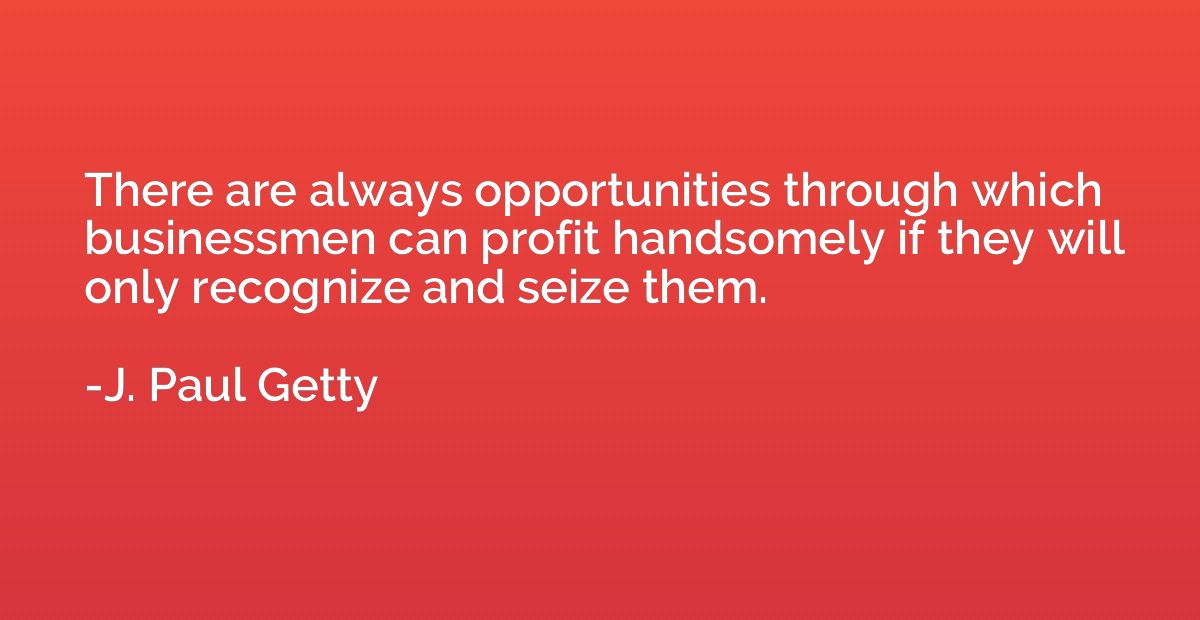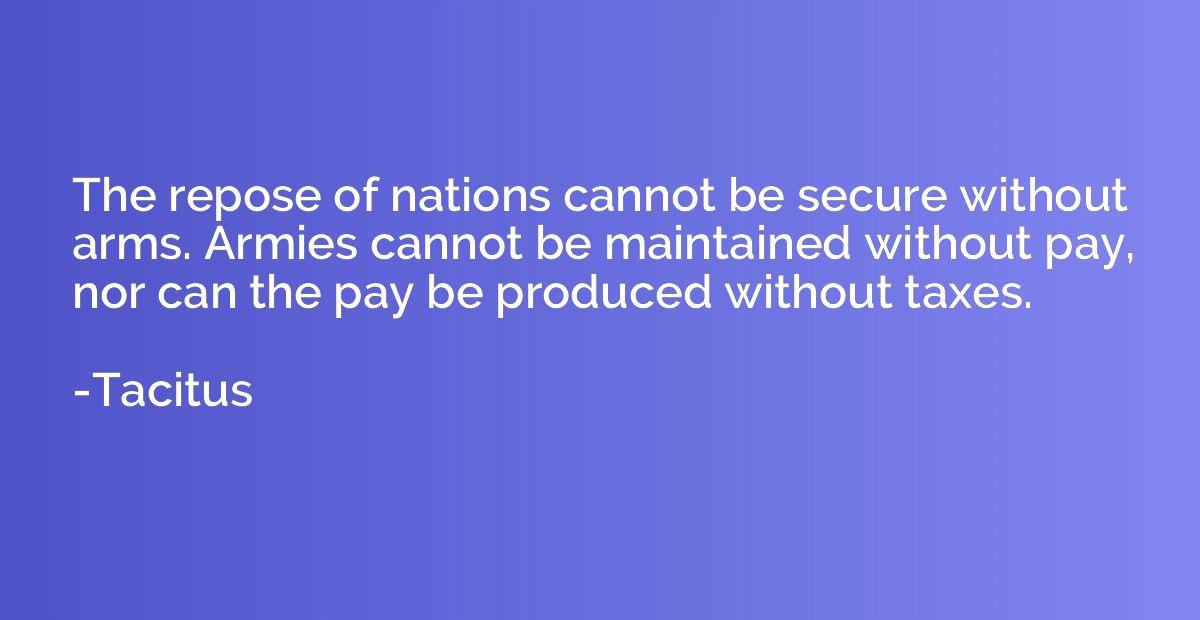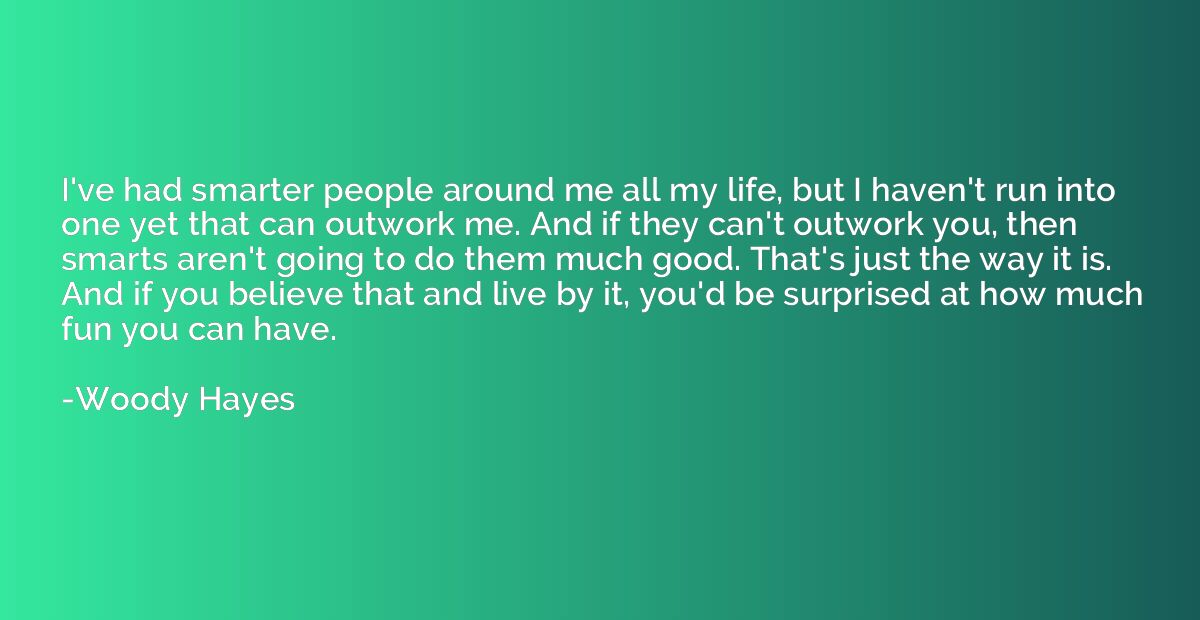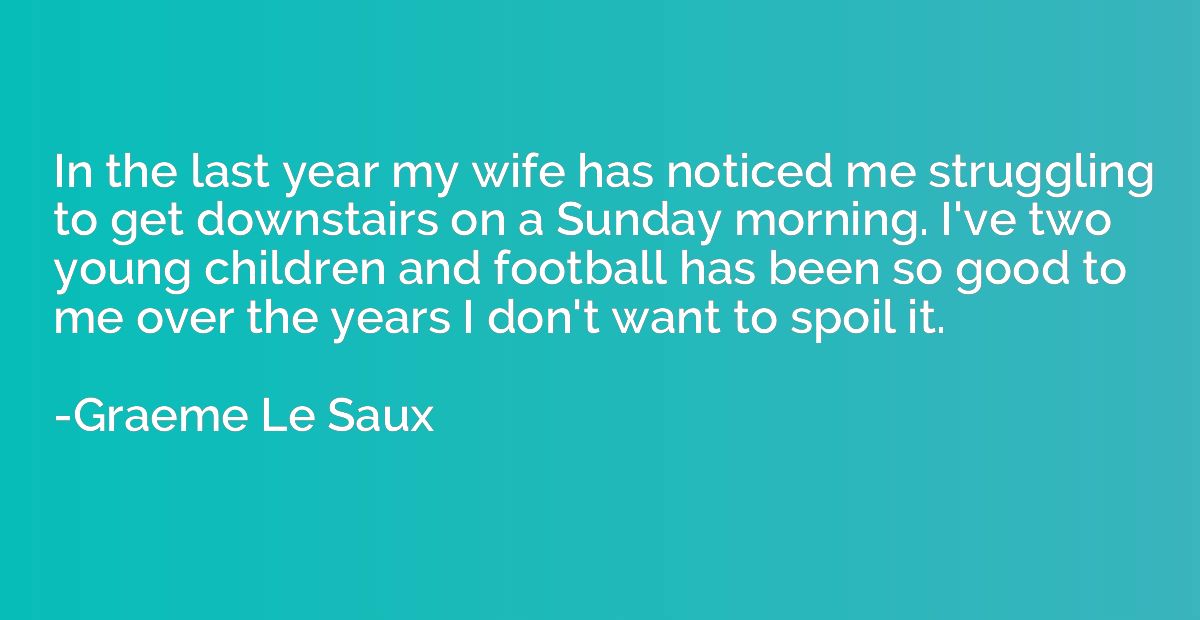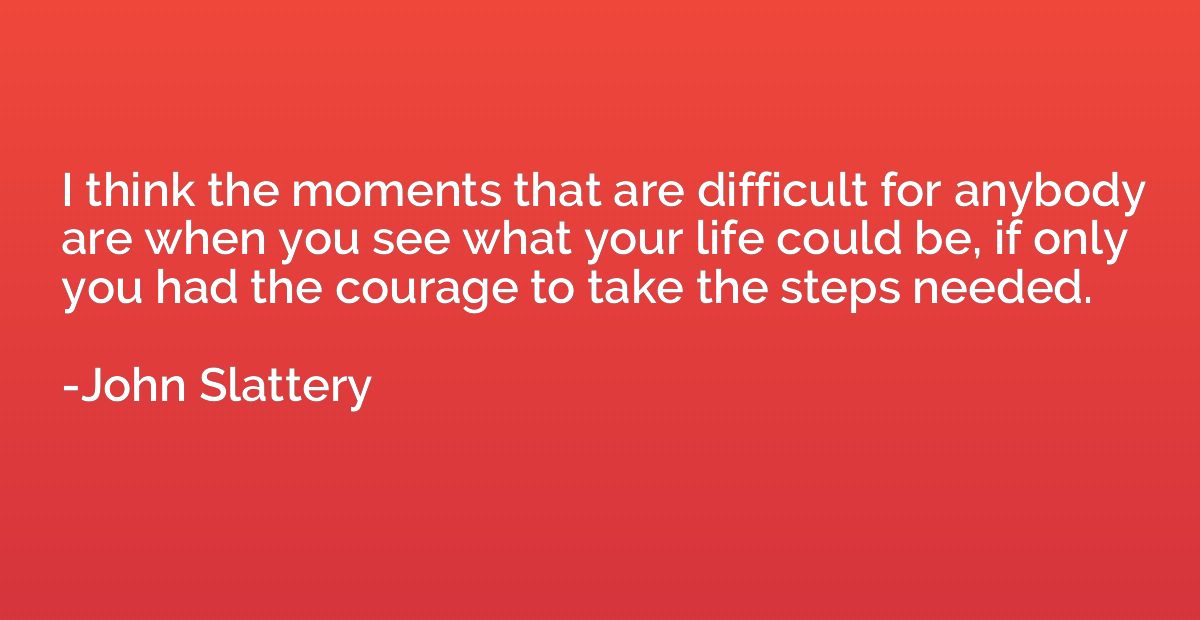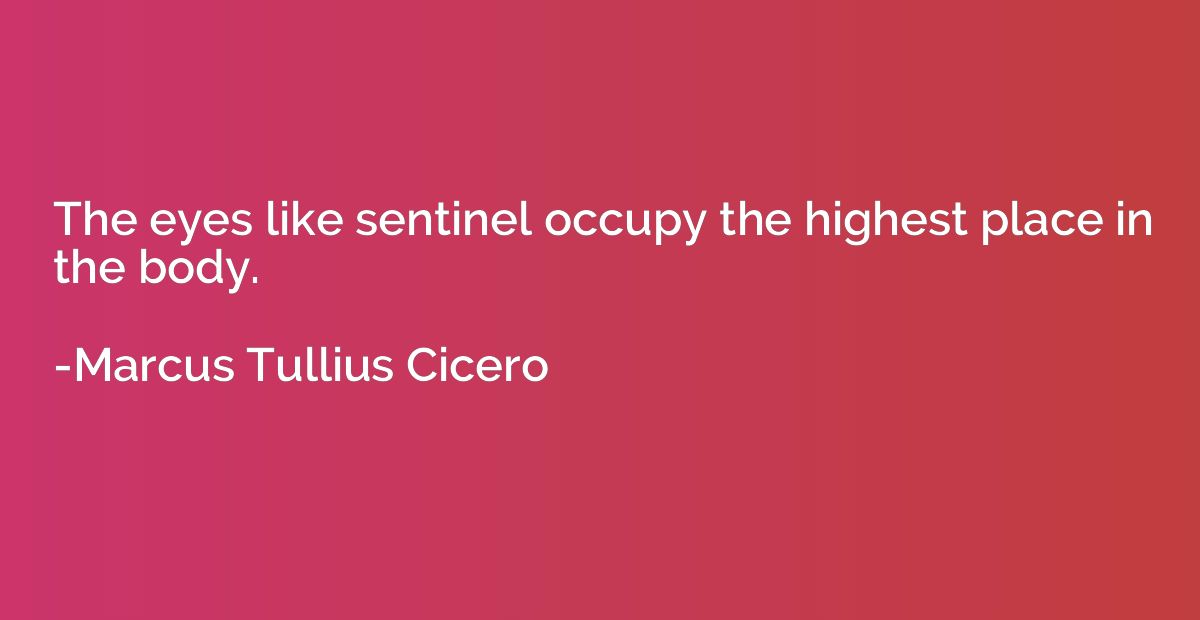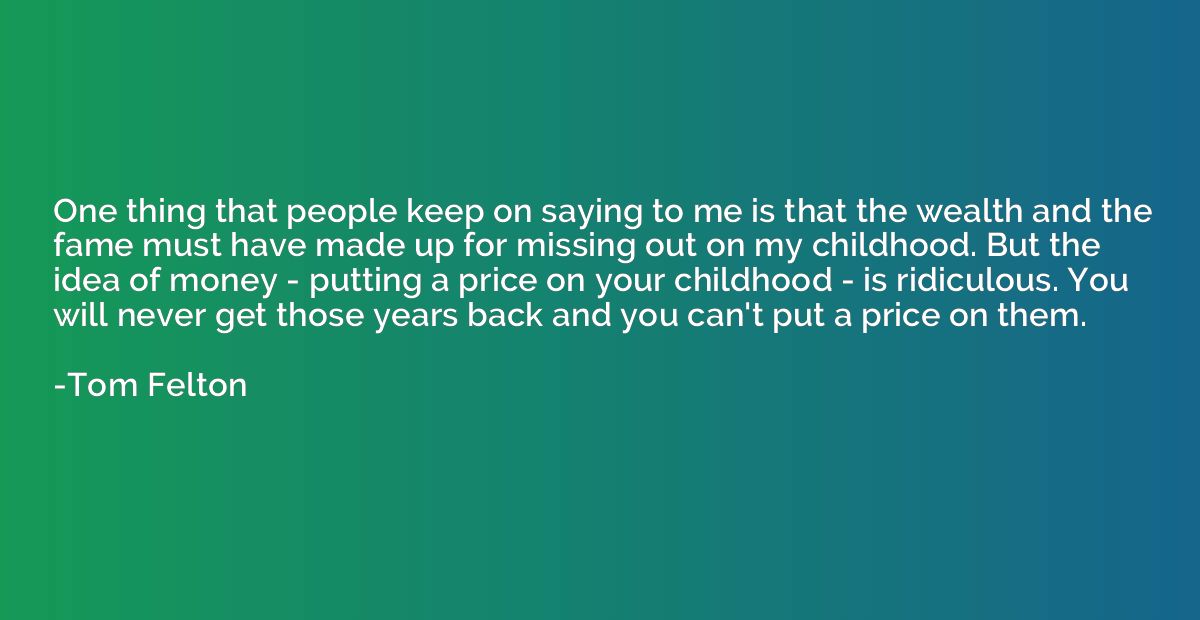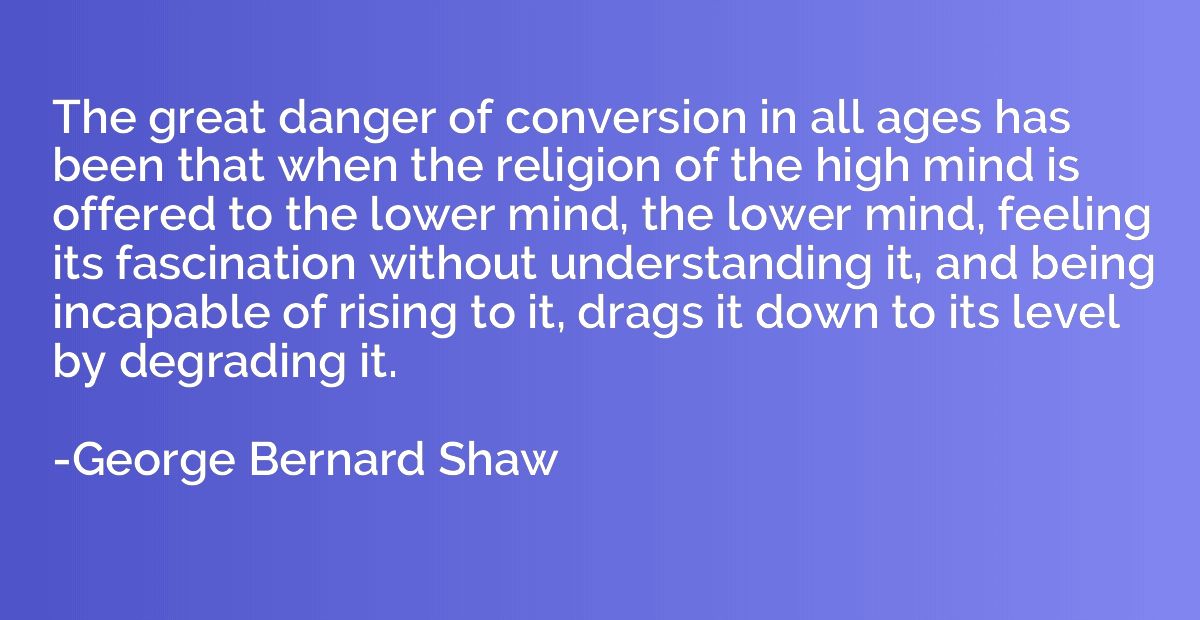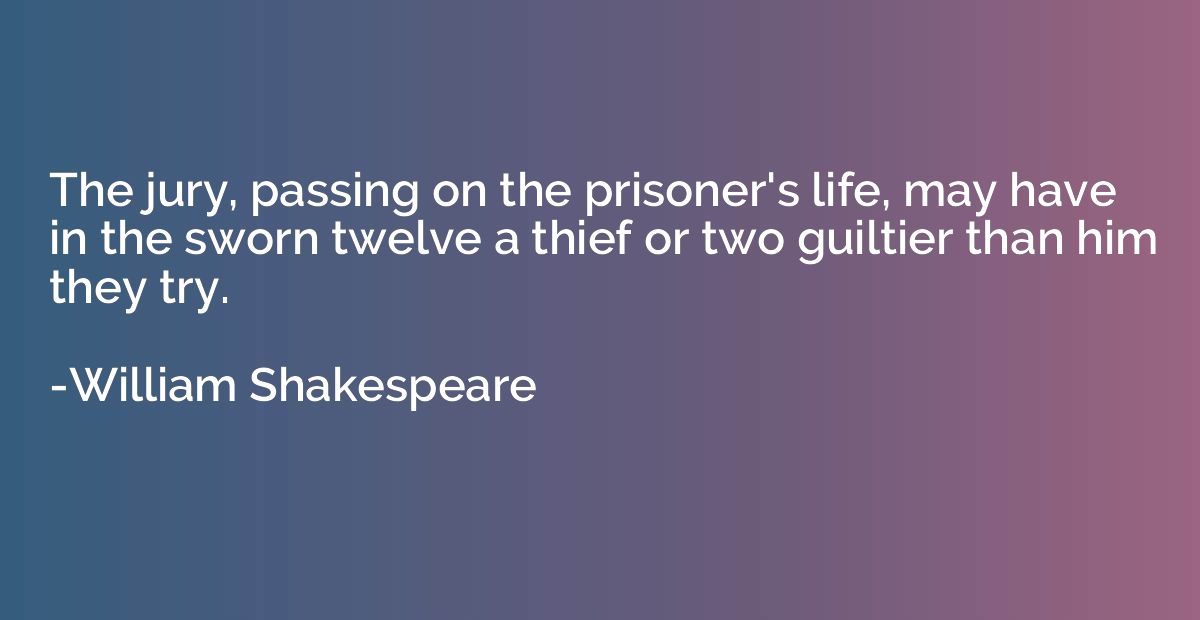Quote by Sharon Gless
And they were writing scripts where Christine had hit the glass ceiling. And I always thought Christine would never hit the glass ceiling. I thought her dreams would take her. Maybe her dreams wouldn't take her where she wanted, but she still had her dreams.
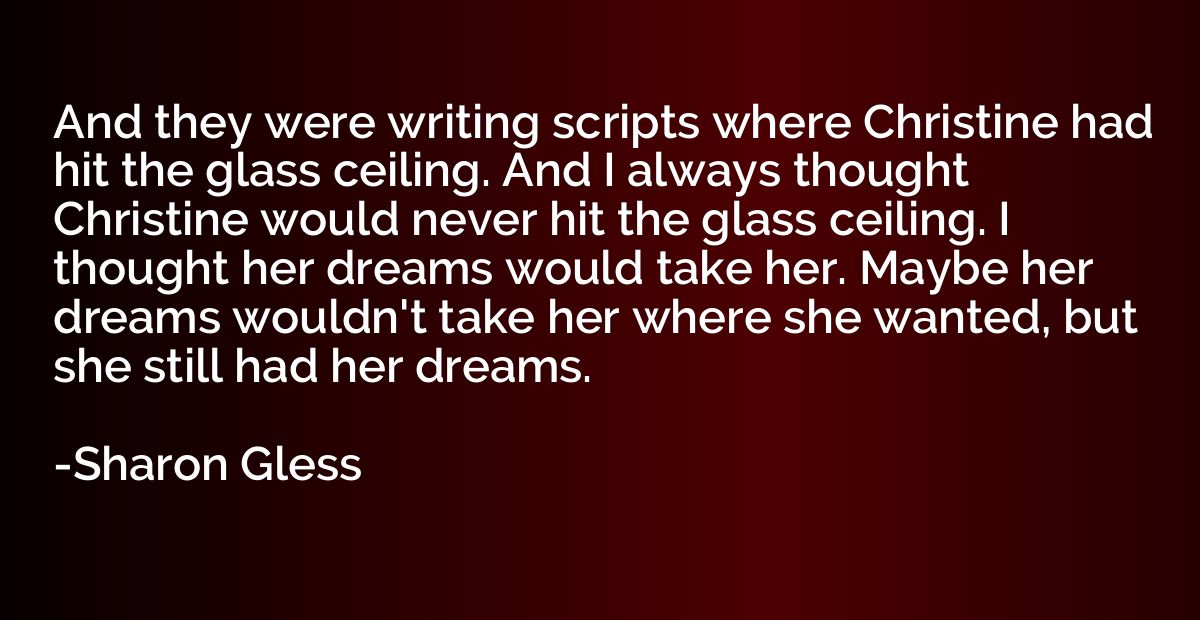
Summary
This quote reflects the speaker's belief in Christine's potential and determination to overcome obstacles. The mention of "hitting the glass ceiling" implies that many scripts portrayed Christine facing barriers and limitations in her career. However, the speaker disagrees with this perspective, confidently asserting that Christine would never hit the glass ceiling. They further emphasize their trust in Christine's dreams, acknowledging that although her ambitions might not lead her exactly where she envisions, she will still continue to pursue them. Ultimately, the quote highlights the speaker's unwavering faith in Christine's abilities and resilience.
Topics
Dreams
By Sharon Gless



